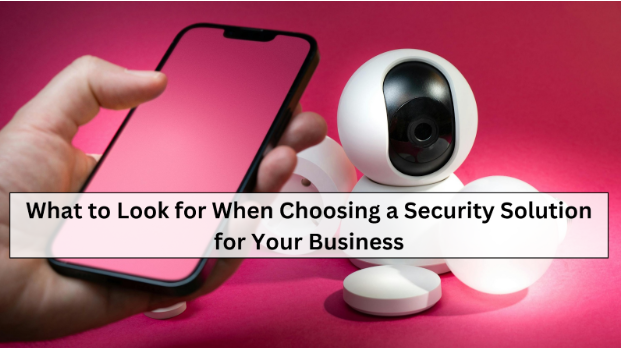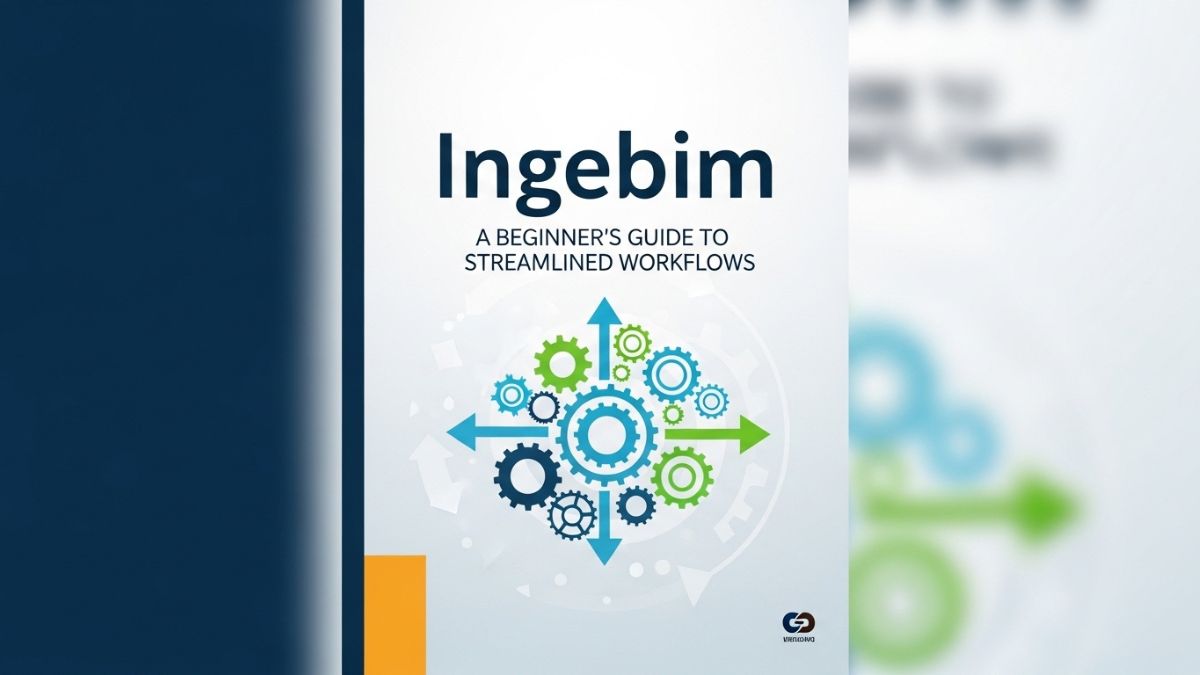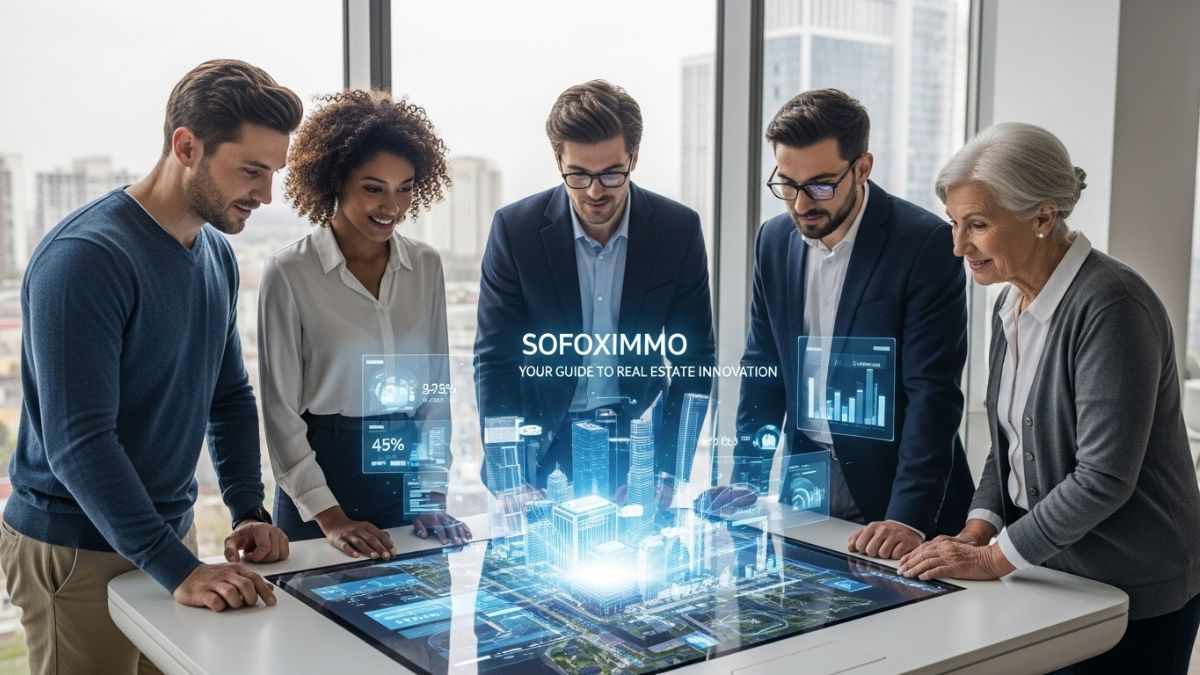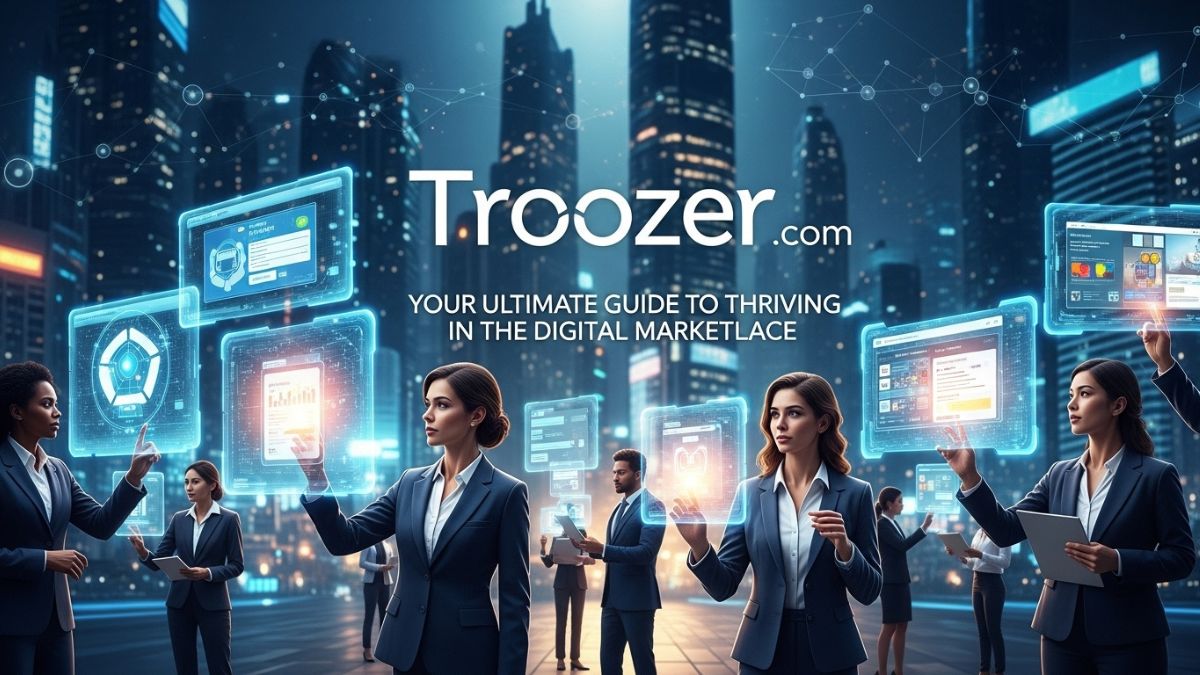Protecting your business from security threats is more critical than ever. From cyberattacks and data breaches to physical security risks, companies face a growing range of dangers. Choosing the right security solution is essential to safeguarding both digital and physical assets.
This article outlines the key factors to consider when selecting a comprehensive security system, helping businesses ensure long-term protection, compliance, and scalability. By prioritizing the right features and ongoing support, companies can build a resilient security strategy that evolves with emerging threats.
Recognizing Your Requirements for Security
Every company has different security needs shaped by operational structure, industry, and size. One should evaluate certain risks and weaknesses before selecting a security solution. Whereas a banking organization would concentrate more on data encryption and cybersecurity, a retail outlet might give monitoring and theft avoidance top priority.
Analyze first the most urgent risks to your company. Physical security issues, such as theft or illegal entry, call for access control systems and surveillance cameras. Conversely, cybersecurity concerns from data breaches to phishing attacks demand firewalls, endpoint protection, and safe authentication methods. Depending on their kind of business, some might require a mix of both.
Still, another vital consideration is regulatory compliance. Companies managing private client data have to follow regulatory guidelines such as HIPAA (Health Insurance Portability and Accountability Act) for healthcare-related data in the United States or GDPR (General Data Protection Regulation) for data privacy in Europe. Knowing these needs guarantees that security policies complement legal duties and industry norms.
Important Attributes to Think About in a Security Solution
Choosing the correct business security systems calls for more than just handling current hazards. A properly crafted answer should be thorough, flexible, and able to protect digital as well as physical resources. Long-term protection depends much on several fundamental characteristics.
Observation and Monitoring in Surveillance
Real-time detection and response to security events depend on ongoing surveillance. Remote monitoring technologies, motion sensors, and surveillance cameras give constant monitoring of corporate facilities, therefore preventing illegal access and recording any suspicious activity.
Access control
Limiting access to delicate regions reduces security concerns. Before providing access, modern access control systems authenticate identities using PINs, keycards, and biometric authentication. These steps improve security but also offer audit trails, which let companies monitor who visits particular sites and when.
Cybersecurity Practices
Businesses are seriously threatened by digital hazards. Hence, every security plan must include cybersecurity. Firewalls defend against illegal access to networks; endpoint security guarantees that devices remain protected from viruses; and encryption shields private data from being intercepted en route.
Scaleability
Business expansion changes the security requirements. Easy upgrades and changes made possible by a scalable security solution save a system from a whole overhaul. Flexibility guarantees long-term viability if additional surveillance cameras are added, access control policies are expanded, or cybersecurity capabilities are included.
Integration Possibilities
Operating procedures, software, and current IT infrastructure should all fit a security system well. Working with other business tools, such as personnel management systems, cloud storage, and alarm systems, improves effectiveness and guarantees a consistent approach to security.
Businesses that give these characteristics top priority will be able to create a security system that not only satisfies present demands but also changes with the times.
Dependability and Vendor Courtesy
Selecting a security solution requires a long-term commitment. Hence, it is important to assess the dependability of the system as well as the supplier. The effectiveness of a well-designed security system depends just on the business behind it. Evaluating vendor reputation guarantees that the selected solution performs as intended and satisfies industry requirements.
Evaluating Corporate Security Solution Vendor Experience
A provider with a lot of experience in security solutions is more likely to provide dependable, thoroughly tested goods. Companies that have serviced companies in many different sectors know distinct security issues and offer customized solutions. Examining their history, years of expertise, and noteworthy clientele can help one make a wise choice.
Considering Compliance Policies and Third-Party Certifications
Those security companies who follow industry standards and possess acknowledged certifications show a dedication to compliance and excellence. Certifications for physical security systems, including ISO 27001 (Information Security Management) or UL (Underwriters Laboratories), guarantee that goods follow exact safety and dependability criteria. Compliance with laws such as GDPR, HIPAA, or PCI-DSS guarantees also that data security needs are satisfied.
Guidelines from the National Institute of Standards and Technology (NIST) can help companies have a comprehensive knowledge of security compliance needs. These models provide ideal ways to improve digital as well as physical security.
Through careful assessment of vendor reputation and compliance, companies may lower system risk and guarantee that their security expenditure offers continuous protection.
Value Against Cost: Making a wise investment
Although security solutions range greatly in cost, pricing should not be the decisive factor. Rather, companies have to evaluate the long-term worth a system offers. Although initially less expensive, a less expensive solution might provide weaknesses that cause more later costs. Making a well-informed choice means juggling upfront expenses with long-term security gains.
Evaluating Long-Term vs Upfront Costs
A security system’s first outlay consists of hardware, installation, and software configuration. Still, one has to take into account continuing costs like maintenance, software upgrades, and maybe scalability. Over time, a system with cheap initial costs but significant running expenses may wind up costing more. Oftentimes, investing in a solution that calls for less long-term upkeep is more financially wise.
Analyzing ROI in Terms of Risk Reducing Agents
The capacity of a security system to stop losses will help to determine its overall performance. A strong system lowers operational interruptions, data breaches, and theft, among other hazards. Businesses should take into account how much a security breach may cost them in terms of financial loss, harm to reputation, and legal fines when evaluating possibilities. A larger initial investment might provide more protection, therefore lowering possible dangers and hence saving money.
Selecting Among On-Site and Cloud-Based Security Solutions
Companies have to choose between an on-site solution or a cloud-based security system. For companies with several sites or distant operations, cloud-based solutions fit since they provide scalability, automatic upgrades, and remote access. On-site solutions, however, could demand more upkeep even if they offer more control over security settings and data storage. The decision will rely on the operational requirements of the business, security top priorities, and financial restrictions.
It is important to concentrate on long-term value rather than merely early expenditures, as a well-planned security investment not only protects assets but also helps company continuity.
Application and Continuous Assistance
Choosing the correct security system is merely the first step, as crucial is correct installation and ongoing maintenance. While constant assistance helps companies keep ahead of any vulnerabilities, a well-implemented system guarantees that all security measures perform as expected.
Value of Expertful Installation
The efficiency of a security system depends simply on its configuration. Incorrect installation could cause weak access points, blind areas in surveillance coverage, or software setups to go wrong. Expert installation guarantees proper placement of cameras, alarms, and access restrictions, therefore lowering the system risk. It also facilitates the smooth and effective configuration by helping security solutions to be integrated with current architecture.
Accessibility of Maintenance Services and Customer Support
Every sophisticated security system needs upkeep, too. Companies should pick a vendor that provides rapid troubleshooting, frequent system inspections, and 24/7 customer service. Little technological problems can become major security flaws without enough help. Making sure a supplier provides responsive help will help to fix issues before they jeopardize security.
Regular security patches and software updates
Constantly changing cyber threats make software upgrades necessary to maintain system security. While firmware upgrades improve system performance, regular patches guard against recently found vulnerabilities. Ignoring security software updates runs the danger of exposing companies to data leaks or cyberattacks.
Combining enterprise security technologies that provide real-time threat detection and automated upgrades will help companies looking for complete protection enhance long-term security. Maintenance is done proactively to guarantee that security stays efficient against new dangers.
By prioritizing proper implementation and ongoing support, businesses can maintain a strong defense against both physical and digital security risks.
Final Thought
Selecting the right security solution for your business requires a comprehensive approach that balances both physical and digital protection. By thoroughly assessing your company’s unique risks, evaluating vendor reputation, and prioritizing scalability, you can invest in a system that provides long-term security and peace of mind. Proper implementation, regular maintenance, and ongoing support are crucial to ensuring that your security measures remain effective against evolving threats. Ultimately, a well-designed, adaptable security system will not only protect your assets but also support business continuity in an increasingly complex and risky digital landscape.
FAQs
What are the most important features to look for in a business security system?
Look for 24/7 monitoring, access control, cybersecurity protections, scalability, and integration with existing systems. A good security solution should offer both physical and digital protection.
How do I choose between a cloud-based and on-premises security system?
Cloud-based systems offer remote access, automatic updates, and lower upfront costs, while on-premises solutions provide more control and customization but require higher maintenance.
How can I ensure my security solution remains effective over time?
Regular updates, employee training, system audits, and vendor support are key. Ensure your provider offers continuous updates and proactive threat detection to keep up with evolving security risks.















